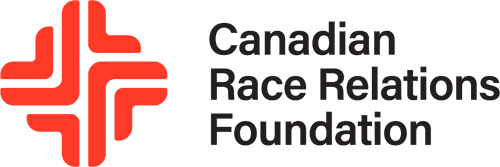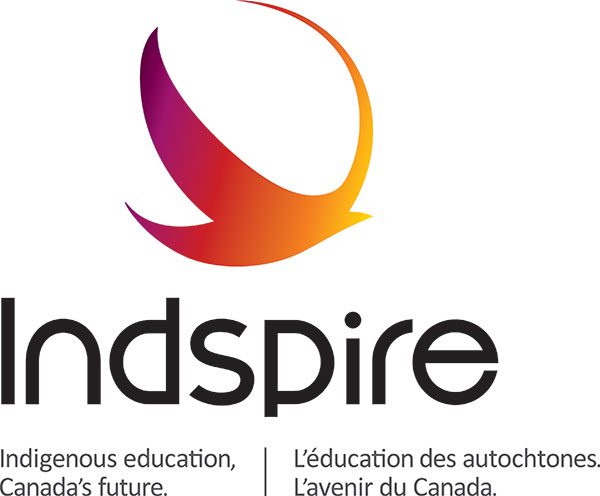Opening up, listening, changing, becoming: establishing a knowledge production and transfer centre for Indigenous education
As high social-impact organizations, non-Indigenous colleges and institutes face a series of ever-shifting pressures reflecting the fact that their processes are generally rooted in Eurocentric ways of seeing the world. In this regard, decolonization and Indigenization initiatives may serve to better identify dominant structures that need reworking in order to usher in other forms of knowledge. Many institutions are now expressing a need for assistance in the area of Indigenous education, spurring a wave of requests for First Nations and Inuit input.
In response, Collège Ahuntsic launched a knowledge production space designed to assist these institutions, created last year in collaboration with its First Nations and Inuit partners. The Nidetin Centre (“”I am listening”” in Anishnaabemowin) embraces cutting-edge social decolonization and Indigenization practices while supporting Indigenous partners seeking to build bridges with non-Indigenous institutions.
At the upcoming conference, a roster of guest speakers will share experiences and best practices underpinning the creation of the Nidetin Centre, involving collaboration with Indigenous partners and the implementation of structural changes within certain institutions. Their presentations will draw on relevant examples from the projects underway, whose governance is shared with members of First Nations and Inuit communities adopting a common stance calling for the following actions: revitalization of the Innu language and reappropriation of identity and cultural expression; enhanced training in healthcare techniques aimed at ensuring a culturally safe climate; land-based humanities practices; Indigenization of philosophy courses and preservation of Elders’ knowledge; and decolonization of internship practices in Nunavik (particularly as regards delinquency responses).
To illustrate the Nidetin approach, examples of academic assistance will be presented, along with a representative cross-disciplinary partnership. The guest speakers will also discuss various challenges involving non-Indigenous institutions’ capacity to deconstruct their own compartmentalization; their vigilance in resisting the reproduction of their own colonial organizational cultures; and their provision of concrete support for the production and valorization of long-invalidated perspectives and knowledge, whether or not they are embedded in a research context.”
Stream: Approaches to Addressing the Indigenous Teacher and Knowledge Resources Shortages in PSE Programming
- Addressing barriers to teacher education for Indigenous learners
- Indigenous knowledge pedagogy and cultural competence
- Indigenous language revitalization in PSE programming
- Collaborative approaches to Indigenous intellectual property
Speakers
Enseignante en anthropologie | Collège Ahuntsic
Directrice Justice, Équité, Diversité et Inclusion | Collège Ahuntsic




